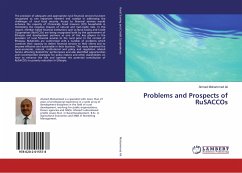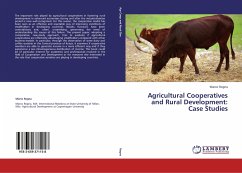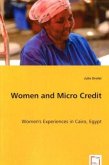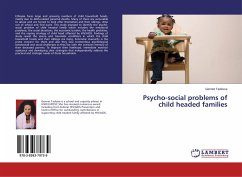The provision of adequate and appropriate rural financial services has been recognized as one important element and catalyst in addressing the challenges of rural food security. Access to financial services would enhance the capacity of Chronically Food Insecure (CFI) households in minimizing the negative impacts of natural and man-made risks. In this regard, member based financial institutions such as Rural Saving and Credit Cooperatives (RuACCOs) are being recognized both by the government of Ethiopia and development partners as one of the key players in the provision of rural financial services to the rural poor. In the context of Ethiopia, RuSACCOs are confronted with a number of problems which constrain their capacity to deliver financial services to their clients and to become effective and sustainable in their business. This study examined the socio-economic, natural, institutional and policy and regulation related factors affecting RuSACCOs' performance and also identified opportunities and recommended strategies for policy makers and other stakeholders on how to enhance the role and optimize the potential contribution of RuSACCOs to poverty reduction in Ethiopia.
Bitte wählen Sie Ihr Anliegen aus.
Rechnungen
Retourenschein anfordern
Bestellstatus
Storno








